Stem Cell Therapy

Cancer
Cancer is a disease where abnormal cells grow uncontrollably, invading tissues and organs. It can affect any part of the body and often requires early detection for effective treatment.

Diabetes
Diabetes is a chronic condition where the body can't properly process blood sugar, leading to high glucose levels. It requires lifestyle changes, medication, and regular monitoring to manage.

Chronic Kidney Disease
Chronic kidney Disease is a gradual loss of kidney function over time. It affects the body’s ability to filter waste and fluids, often requiring lifestyle changes, medication, or dialysis.

Liver Diseases
Liver diseases impair liver function, affecting digestion, detoxification, & metabolism. Causes include infections, alcohol, fat buildup, & autoimmune issues.

Alzheimer’s
Alzheimer’s is a progressive brain disorder causing memory loss, confusion, and cognitive decline. It primarily affects older adults and worsens over time.

Arthiritis
Arthritis causes joint pain, swelling, and stiffness. Common types include osteoarthritis and rheumatoid arthritis. It can limit mobility and affect daily activities.

Spinal Cord Injuries
Spinal cord injuries disrupt communication between the brain and body, leading to paralysis or loss of function. Recovery depends on injury severity and location.

Anti-Aging
Anti-aging focuses on slowing signs of aging and maintaining health, energy, and appearance. It includes skincare, nutrition, exercise, and regenerative therapies.

COPD
COPD is a progressive lung disease causing breathing difficulty, cough, and fatigue. It includes chronic bronchitis and emphysema, often caused by smoking.
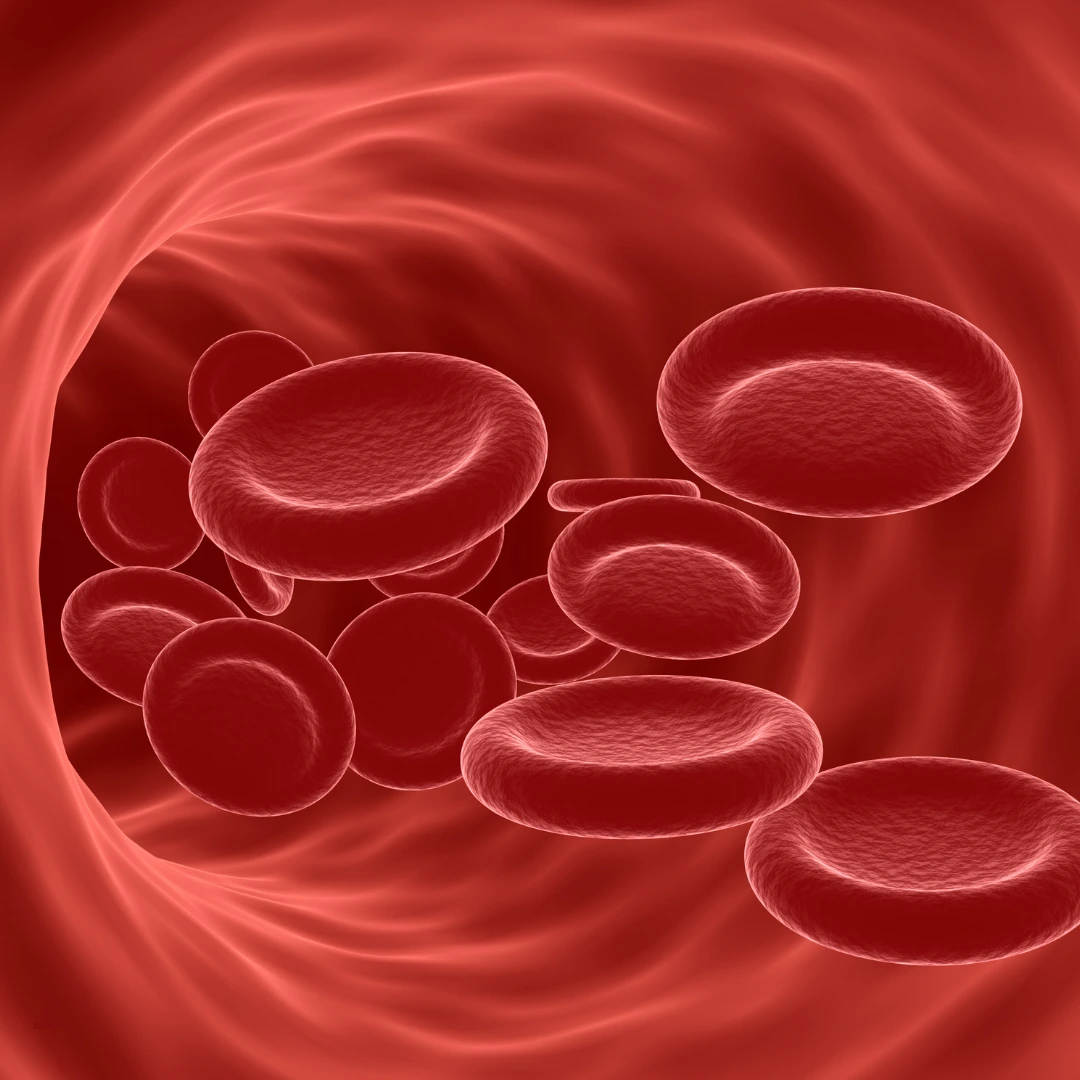
Sickle Cell Anemia
Sickle cell anemia is a genetic blood disorder where red blood cells become crescent-shaped, blocking blood flow and causing pain, fatigue, and organ damage.
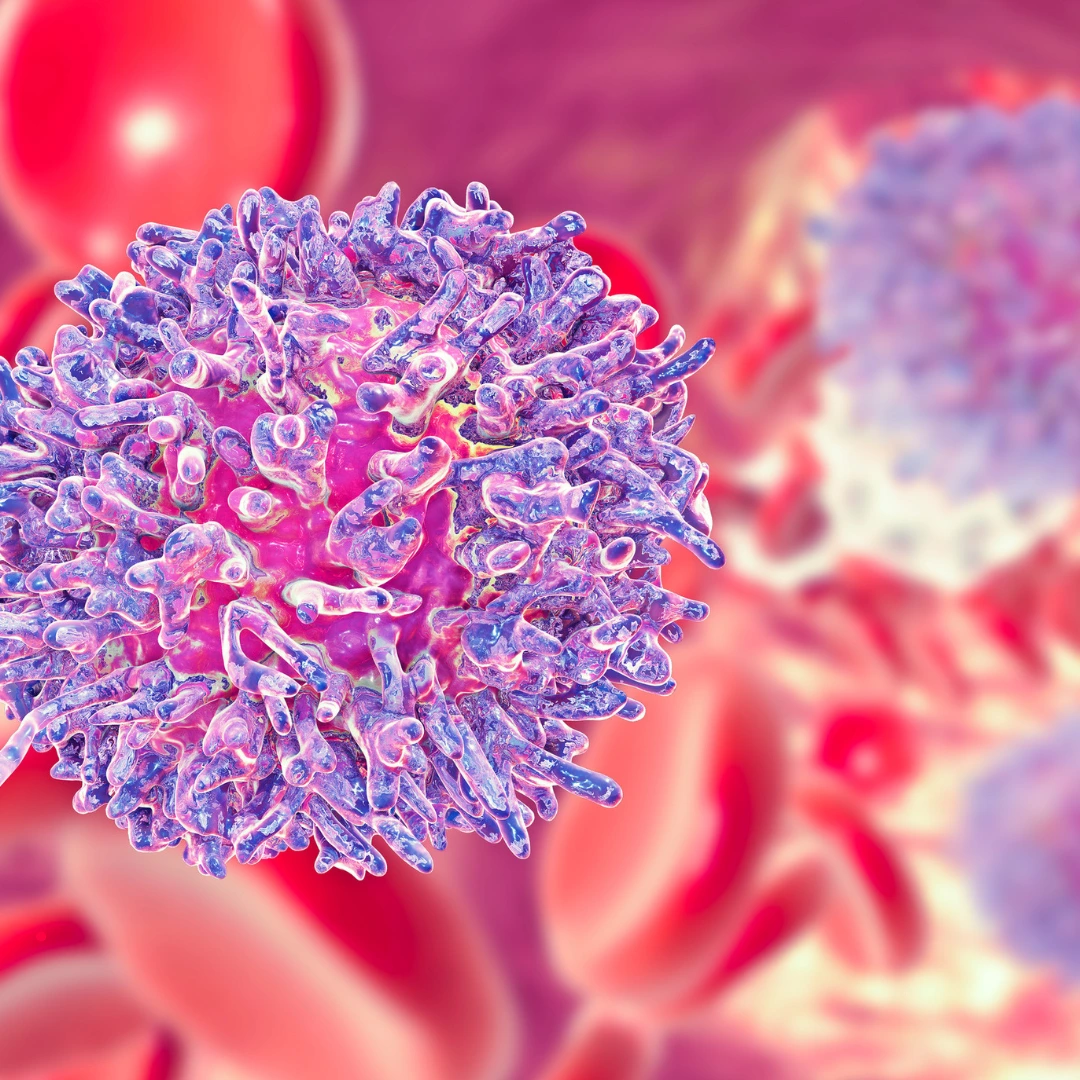
Leukemia
Leukemia is a cancer of the blood and bone marrow, causing abnormal white blood cell production. It weakens immunity and requires timely medical treatment.
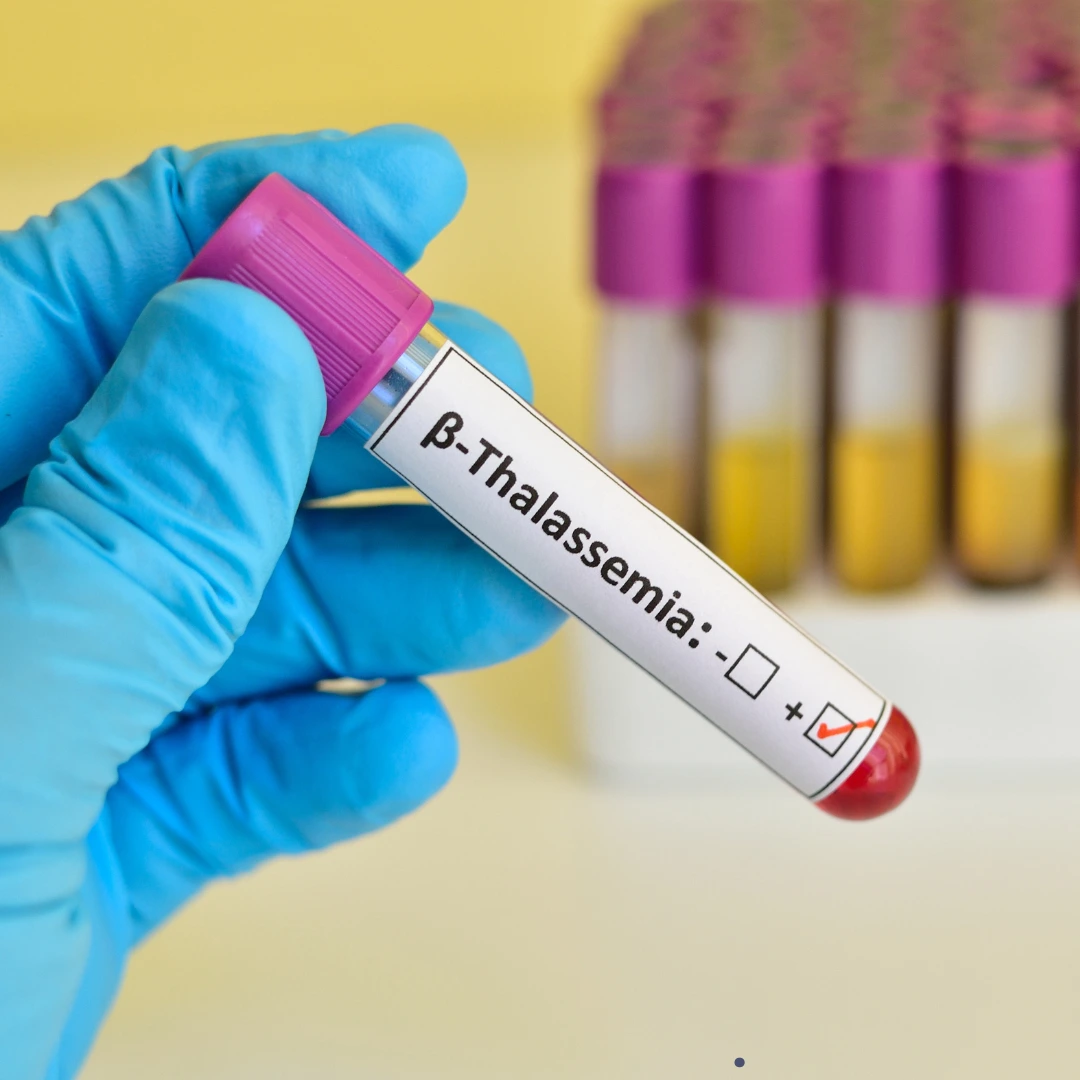
Thalassemia
Thalassemia is a genetic blood disorder that reduces hemoglobin, causing anemia, fatigue, and growth issues. Treatment includes transfusions and medication.

Lupus
Lupus is an autoimmune disease where the immune system attacks tissues, causing inflammation, fatigue, & organ damage, affecting skin, joints, & organs.

Multiple Sclerosis
MS is an autoimmune condition that damages the brain and spinal cord’s protective covering, causing weakness, numbness, and mobility issues.

Crohns
Crohn's is a chronic bowel disease causing pain, diarrhea & weight loss. It affects the digestive tract & needs long-term care.

Vasculitis
Vasculitis is inflammation of blood vessels, which can restrict blood flow and damage organs. It may affect any part of the body and varies in severity.

Scleroderma
Scleroderma is an autoimmune disease causing hardening and tightening of the skin and tissues. It can affect the skin, blood vessels, and internal organs.
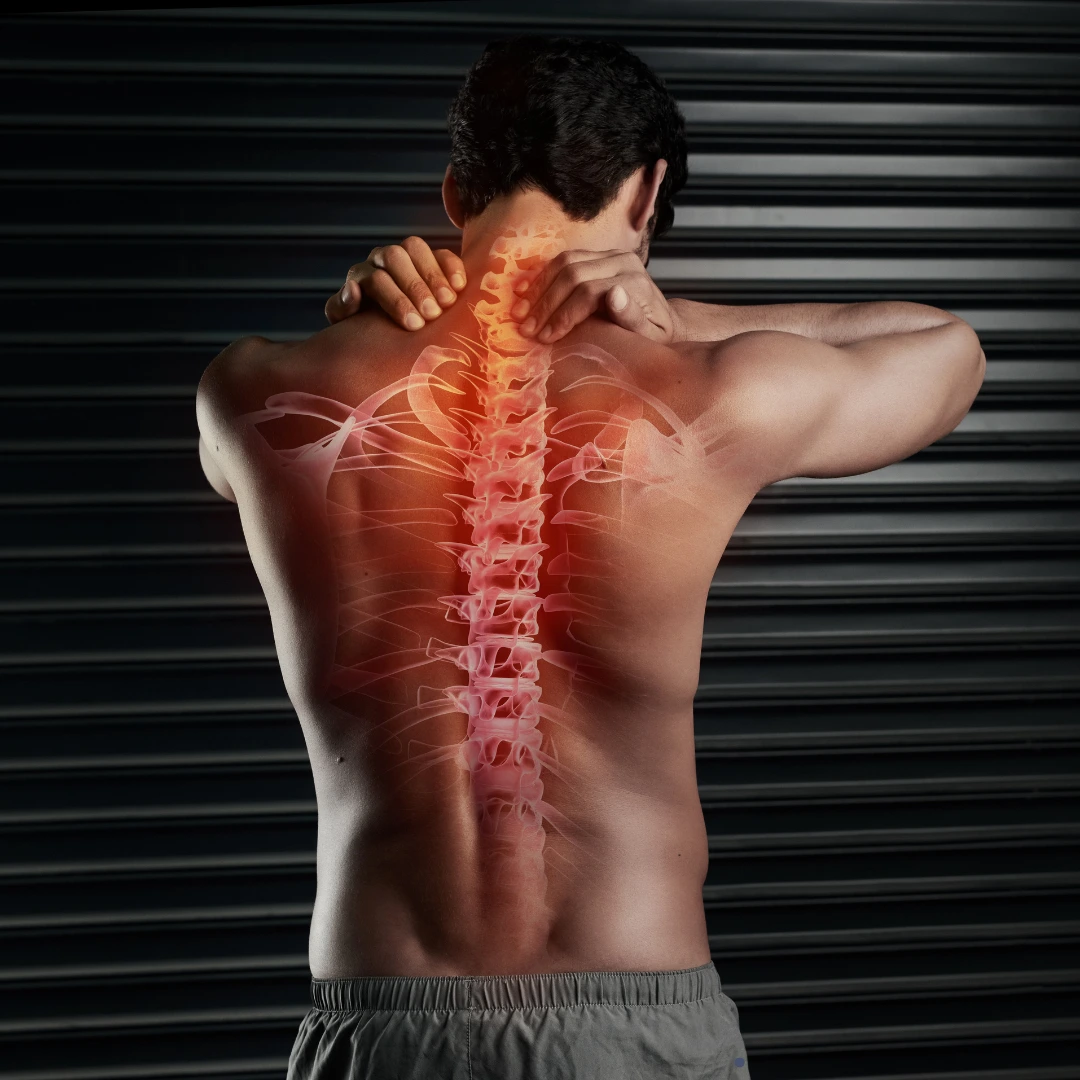
Spinal Muscular Atrophy
SMA is a genetic disorder that weakens muscles due to loss of motor neurons. It affects movement and breathing, often appearing in infancy or childhood.

Myasthenia Gravis
Myasthenia gravis is an autoimmune disorder that causes muscle weakness, especially in the eyes, face, and throat. It worsens with activity and improves with rest.

Skin Burns
Burns damage the skin and underlying tissue due to heat, chemicals, or electricity. Severity ranges from minor to life-threatening and may require skin grafts or rehab.
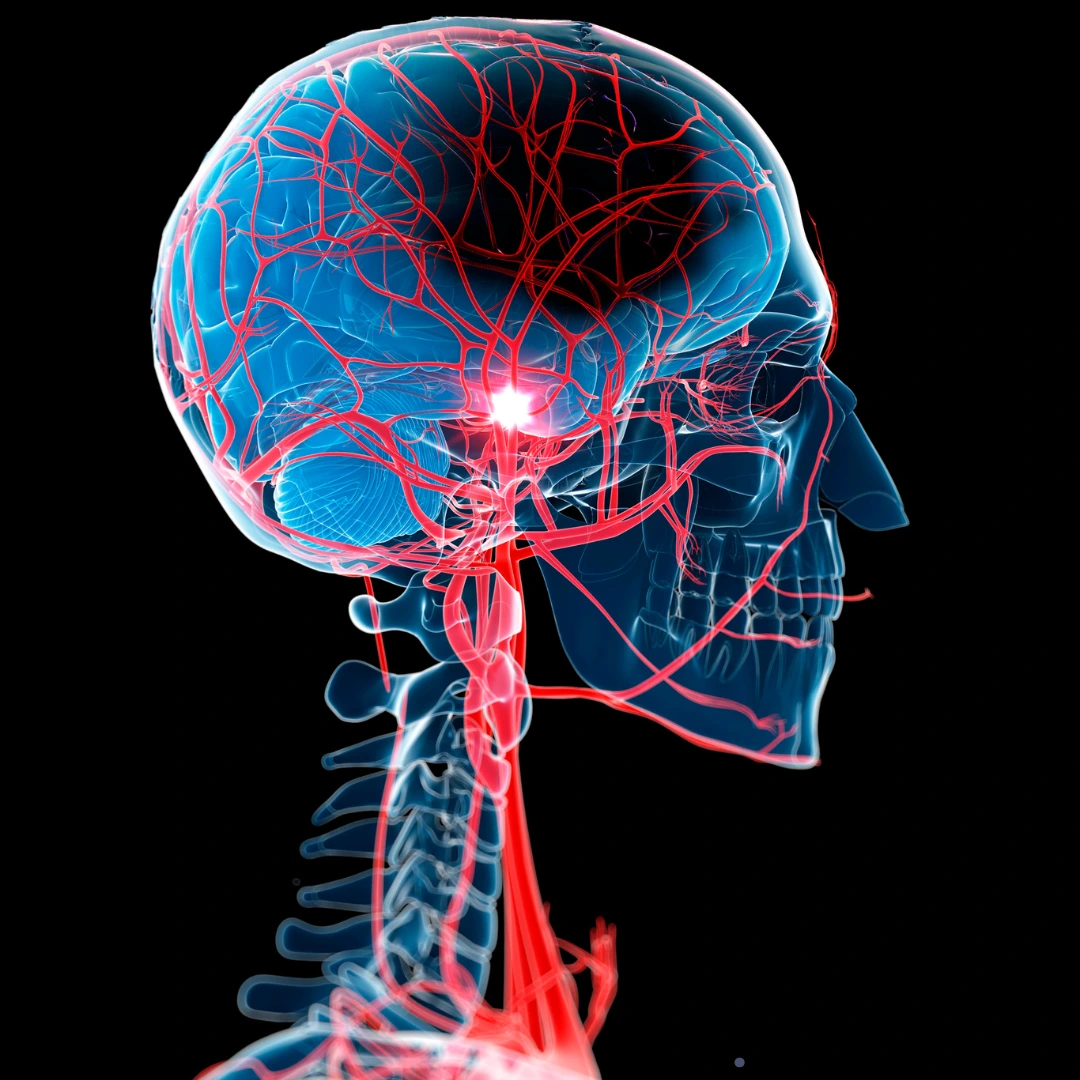
Stroke
Stroke occurs when blood flow to the brain is disrupted, causing damage. It may lead to paralysis, memory loss, balance difficulties, and speech problems.

Chronic Pain
Chronic pain is persistent pain lasting over 3 months. It can result from injury, illness, or nerve damage, seriously affecting daily life and emotional well-being.

Cardiovascular Disease
Cardiovascular disease includes heart and blood vessel disorders like heart attack and stroke. It’s often linked to high blood pressure, cholesterol, and lifestyle.

Parkinson’s
Parkinson’s is a progressive brain disorder affecting movement. Symptoms include tremors, stiffness, and slow movements, usually worsening over time.

Erectile Dysfunction
ED is the inability to maintain an erection suitable for intercourse. It may result from physical or psychological causes and is often treatable with medication, therapy, or lifestyle changes, including exercise, diet, and stress management.

FBSS
Failed Back Surgery Syndrome refers to persistent pain after spinal surgery. It may involve nerve damage, scarring, or mechanical issues, often requiring additional pain management, physical therapy, medication, or further surgical treatment.

Neuropathy
Neuropathy is a condition where peripheral nerves are damaged, leading to pain, numbness, tingling, or weakness, typically in the hands or feet. It can result from diabetes, infections, injuries, or other underlying health conditions.

